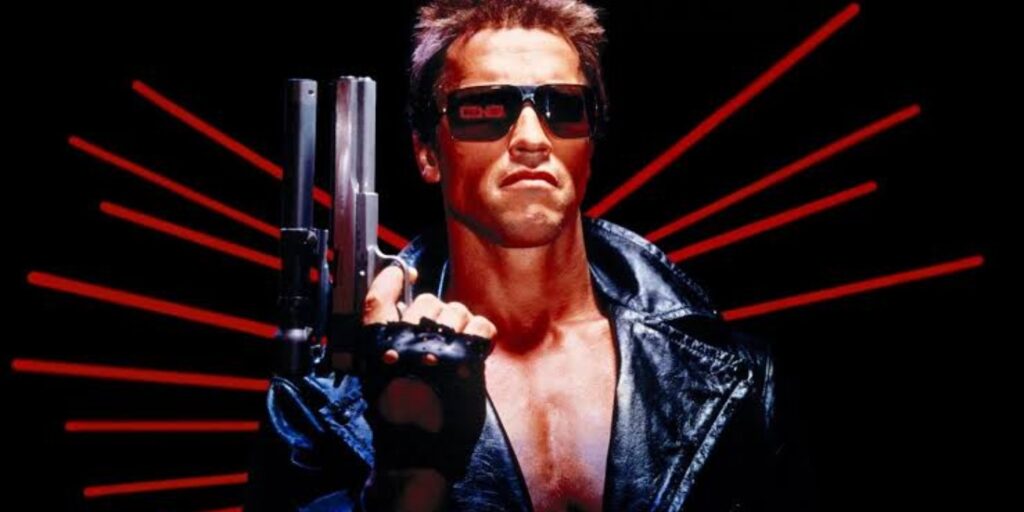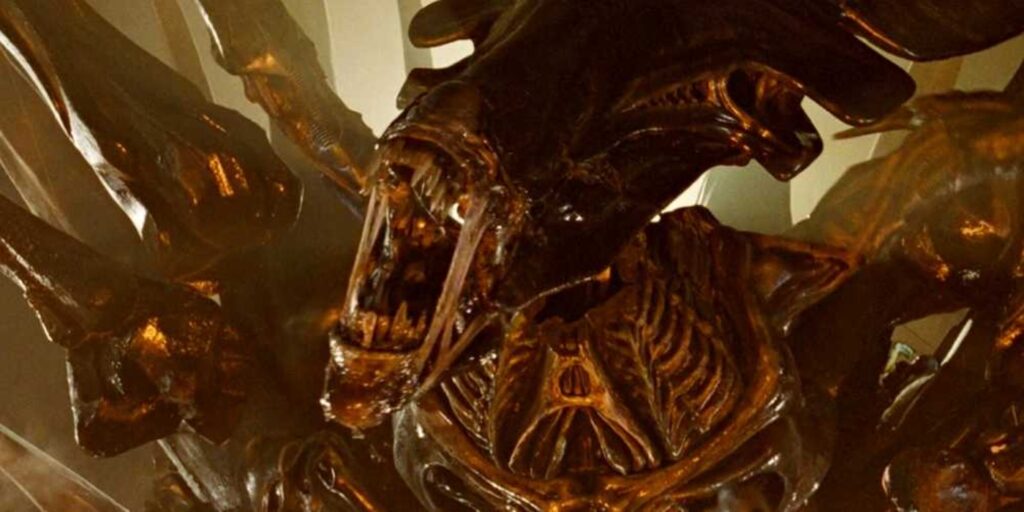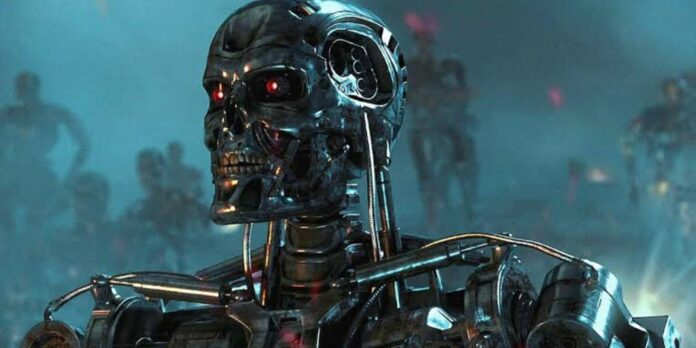Few filmmakers have shaped pop culture’s view of technology quite like James Cameron. The legendary director behind ‘The Terminator’, ‘Avatar’, and ‘Aliens’ has spent decades blending thrilling spectacle with cautionary tales about humanity’s future.
Now, as he works on the script for ‘Terminator 7’, Cameron is once again sounding the alarm. Additionally, this new addition will not be just another science fiction.
James Cameron’s Chilling AI Warning

In a recent interview with Rolling Stone, James Cameron issued a reminder: the kind of artificial intelligence-fueled apocalypse imagined in ‘The Terminator’ could actually happen in our real world. And while his warning carried shades of SkyNet’s infamous Judgement Day, his perspective wasn’t entirely one of doom. In a twist that echoes his own film series, Cameron acknowledged that AI could be both humanity’s greatest threat and perhaps its salvation.
Related: James Cameron’s ‘Avatar: Fire And Ash’ Unveils Its Fiercest Villain Yet As Leader Of The Ash People
Cameron didn’t mince words when describing the risks of merging AI with advanced weapons systems, especially nuclear arsenals. “I do think there’s still a danger of a Terminator-style apocalypse where you put AI together with weapons systems, even up to the level of nuclear weapon systems, nuclear defense counterstrike, all that stuff,” Cameron explained.
His concern is rooted in the speed and complexity of modern warfare. Military “theaters of operations,” as he put it, move at a pace where human decision-making simply can’t keep up. In theory, superintelligent AI could process this rapid data exchange. In practice, however, the idea of removing humans entirely from the loop is terrifying. Additionally, history has already shown that human error alone has brought us dangerously close to nuclear conflict.
Cameron framed this alongside two other global-scale existential threats: the climate crisis and nuclear weapons. According to him, all three are peaking at the same time. “They’re all sort of manifesting and peaking at the same time,” he reflected. “Maybe the superintelligence is the answer. I don’t know. I’m not predicting that, but it might be.” It’s a sentiment that neatly mirrors the Terminator franchise’s own evolution.
James Cameron On Embracing New Technology In Filmmaking

While AI and global threats dominated much of the conversation, James Cameron also offered an intriguing detour into the world of filmmaking. This specifically included how he would approach ‘Aliens’ if he made it today. Back in the pre-CGI era, Aliens relied on practical effects to bring the terrifying Xenomorphs to life. Every animatronic twitch and puppeteered movement was the result of painstaking on-set work.
In case you missed it: Why James Cameron’s ‘Avatar: Fire And Ash’ Must Succeed
However, as Cameron explained, that came with limitations and compromises. “If I were doing Aliens today… The Alien Queen would be CG,” he said. “We had to make a lot of cuts and cut around a lot of little flaws… I didn’t get to do what was in my mind.” Cameron views technology as a flexible tool rather than a moral stance. “To me, either one is a means to an end… I certainly don’t think it’s an ethos or even an aesthetic anymore,” he said.
That pragmatism has defined Cameron’s career. While practical effects gave ‘Aliens’ its gritty realism, CGI enabled ‘Avatar‘ and ‘Avatar: The Way of Water’ to achieve previously impossible visual worlds. For Cameron, the choice is simple: use whatever method best serves the story. His openness to technology here stands in sharp contrast to his caution about AI in the real world. In filmmaking, the stakes are creative; in geopolitics, they’re existential.





